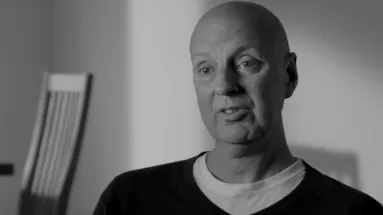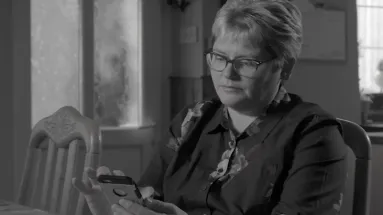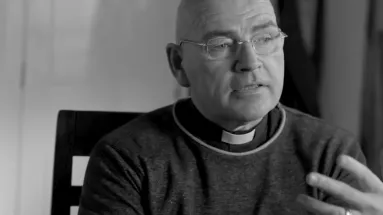Explore More on Patient Stories
After a stage II breast cancer diagnosis, her life changed in ways she could never have imagined. From designing her 'Stronger Than Cancer' T-shirt to hosting her own podcast, Cynthia turned her challenges into love, creativity and joy.
What happens when the caregiver needs care? Meet Lindsay: a 33-year-old oncology nurse, mother of 2, and stage III colorectal cancer fighter. Her story is one of resilience, empathy and hope as she navigates life on both sides of the cancer journey.
After losing her husband and facing breast cancer twice, she found strength through family, her dogs, and a tight-knit support network. Cancer changed her, but also empowered her to live fully, share openly, and support others.
Diagnosed with leukaemia while at university, Frances’ story is one of courage and resilience. From finding hope in baking and yoga to supporting others through charity work, her journey inspires us all.
Living with kidney cancer since 1996, jazz pianist Billy uses music as his salvation. Through every challenge, his piano became his sanctuary. Discover his inspiring story of resilience, passion and purpose.
Barbara has faced ovarian, lymphoma, breast and skin cancer over the last 14 years—but her journey is about resilience and not giving up. She has found solace in helping others across the world, turning hardship into hope.
Kevin sharing his experience of how using the ByYourSide app has helped him manage his life with cancer.
Deborah sharing her experience of how using the ByYourSide app has helped her manage her life with cancer.
Meet Fred: a three-times cancer survivor who turned his battle into comedy. From testicular cancer in 1991 to beating oesophageal cancer in 2016, Fred uses humour to heal, connect and inspire others. His "FRED Talks" prove that laughter is truly powerful.
Caring for children with cancer takes an emotional toll. One father shares his story of grief, resilience and healing through art—turning loss into photography inspired by his children’s medical scans. A touching reminder that we all process our emotions in different ways.
Diagnosed with stage III bowel cancer, Stephen turned his journey of resilience and loss into advocacy. From founding Bowel Cancer Support Group UK that now has 4,000+ members to championing early screening, his story shows the power of advocacy and community.
Simon shares his experience of how using the ByYourSide App has helped him manage his life with cancer.
















